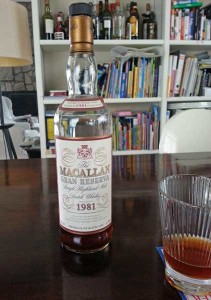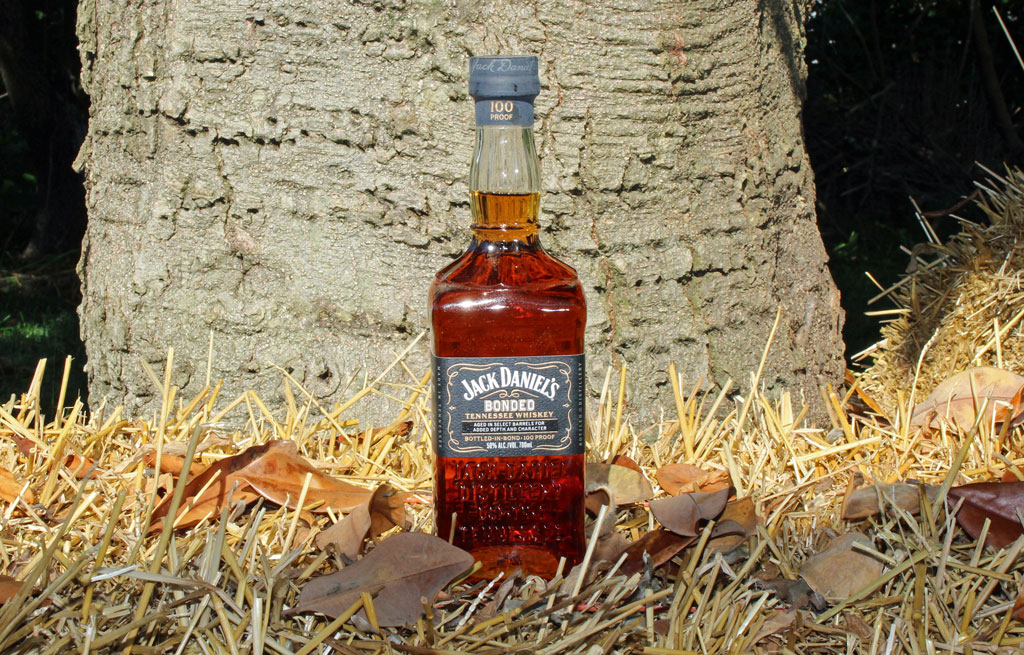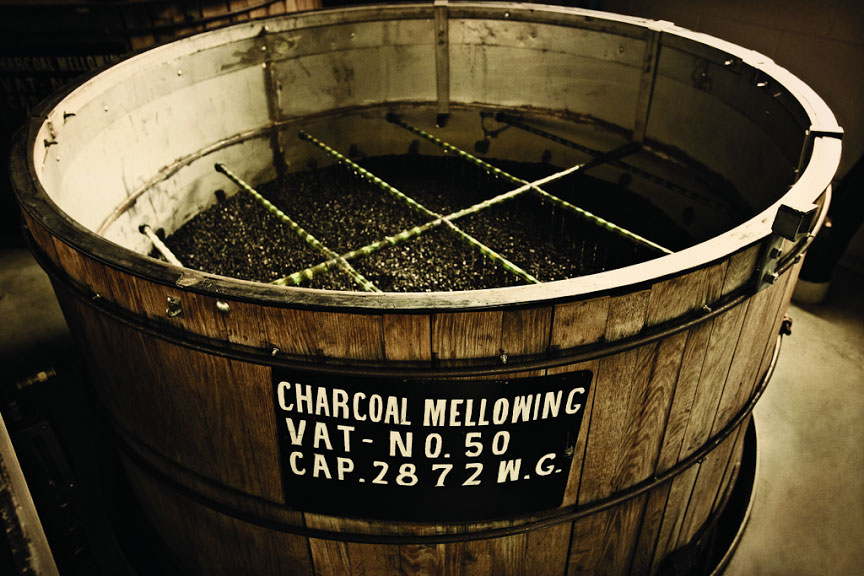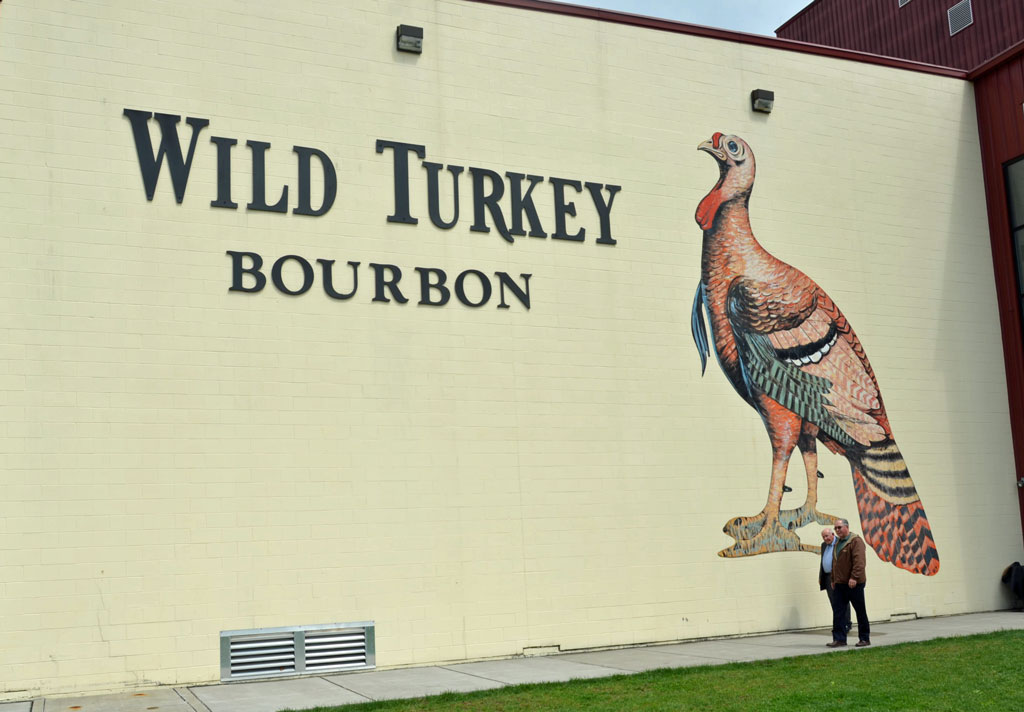More Bad Whiskey Writing
By Richard Thomas

(Credit: Joana Thomas)
As the Managing Editor here at The Whiskey Reviewer, part of my job is to stay well-informed about what is going on in the whiskey trade. That means following whiskey in the news, and one result of that is being aware of just how much bad whiskey writing makes its way into major media websites.
Examples range from writers who try to sound like whiskey experts, but merely reveal how ignorant they are; articles about silly and banal subjects; full-blown examples of yellow journalism, in all its scandal-promoting glory; and out-and-out gross factual errors. Whatever the source, the internet is chock full of mediocre and misleading whiskey writing, and it seems few in the mainstream media have learned the lesson that if you want good work done on a subject, you should go to someone who knows it and not a clueless staff writer.
Gross Factual Errors
The most easily condemned examples of bad whiskey writing are the ones that are just plain get their facts wrong. Everyone makes mistakes, of course, and those mistakes sometimes slip through fact-checkers (assuming there is a fact-checker).
On that note, FOX News saying W.L. Weller Reserve and George T. Stagg come from Willett and not Buffalo Trace would be forgivable, were it not that the selection of George T. Stagg shows how utterly clueless the author of the piece is about bourbon. The subject of the article is bourbons that are affordable and available substitutes for the elusive Pappy Van Winkle. As every bourbon fan knows, George T. Stagg is almost as unattainable as Pappy, so suggesting it as an available alternative is ridiculous.

Macallan is not bourbon!
(Credit: Kurt Maitland)
Worse is this article from BoldSky, describing 10 of the most expensive bourbons. One of their ten is a scotch, and another is an Irish whiskey. Even people who aren’t whiskey lovers often know that scotch isn’t bourbon (and within whiskey circles, some are militant about that division), making this error a ghastly one.
Just Plain Silly
Other examples of bad whiskey writing feature the kind of silliness that can only come from someone who knows next to nothing about whiskey applying their fingers to a keyboard, producing observations that are irrelevant to the point of doltishness. Take The Motley Fool, which ought to stick to making stock market observations instead of trying to connect the current trend in white whiskey to the past trend in clear colas. If the author of that terrible piece knew anything about the whiskey industry, he would know that two of the forces driving white whiskey — start-ups in need of an immediate product to sell; and the larger moonshine fad — have absolutely no parallel in the soft drink business.
In a similar vein is this article about “the end of peat” from Slate. I have yet to see Slate produce a piece on whiskey that was any good, and their generally poor reporting on the topic is actually the subject of a small amount of buzz from within the industry. This article, however, is a silly example of yellow journalism, since the article itself clearly states that land development is a greater threat to peat supplies than the scotch industry, and even concludes that global peat resources seem safe for the foreseeable future.
On this subject is another stinker from Business Insider, which seems to get it at least partially wrong about every non-business subject they venture into, from boxing to golf to booze. We’ve gotten them on bad whiskey writing before, but this piece about Jameson myths just seems so pointless as to straddle a line between silly and dull.
Stick With Us Kiddo
The bottom line is simple, and it’s one we at The Whiskey Reviewer have repeated many times: if you want to know about whiskey, go to people who know it. As you can see in the examples above, the mainstream media just ain’t in that crowd.






The boldsky.com article is absolutely incredible! So many original ways to get stuff wrong – it would make a great comedy piece at a whisky show. The Macallan and Middleton as bourbons must be a first. But then how about Brown Maple Hill – “there is some controversy as to whether or not it is distilled”. Or Woodford Reserve Seasoned Oak Finish – “as the name suggests, this whisky has been aged in oak barrels”. And maybe my favorite, Old Forester Birthday Bourbon – “the speciality of this whisky is that a single bottle may contain whiskies from several different years”. Google OFBB, click on the first match and you can read how each year’s batch (so each bottle) comes from *a single day of distillation* – or the complete opposite of “several different years”.
OMFG. That BoldSky article is TERRIBLE. Worst. Whiskey. Article. Ever.
They should be struck from the internet for posting garbage like that.